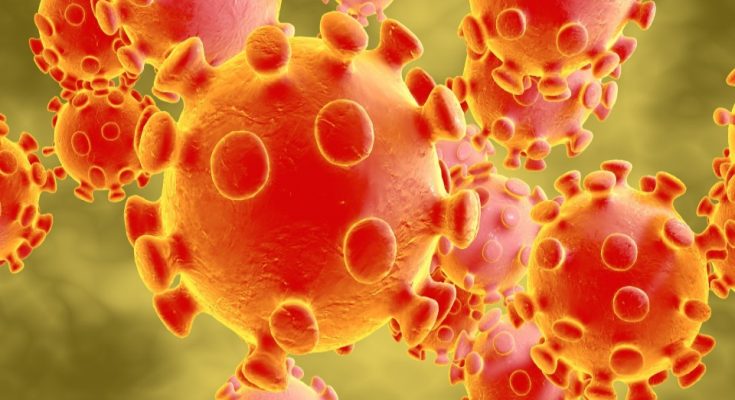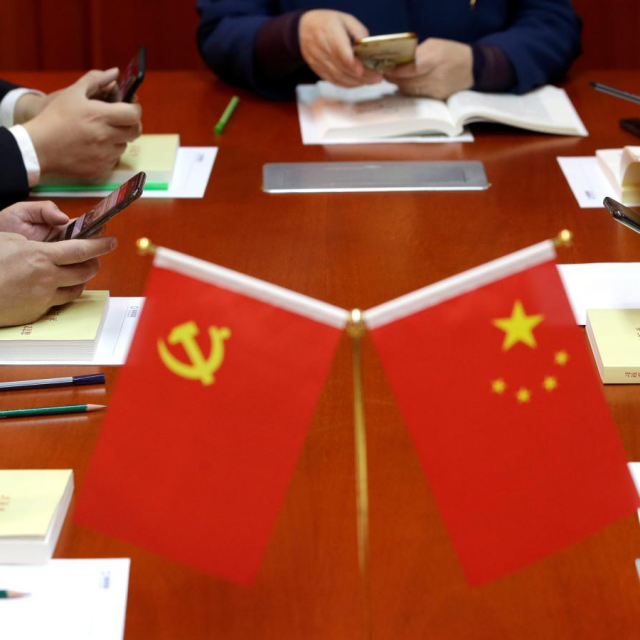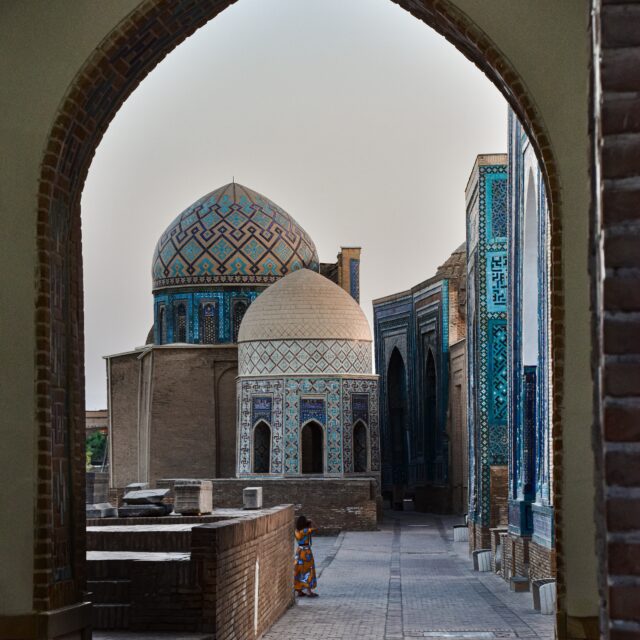The novel coronavirus (COVID-19) originated from Wuhan, China and now commands the attention of the world. Not because of the fatality rates of the victims who catch it, but because of the highly infectious nature of the virus and its rapid transmission across the world.
This epidemic has claimed over 4,000 lives, it has infected more than 118,000 people and has spread to more than 100 countries, including all Member States of the EU.
Taiwan, with its proximity to China and frequent direct contact between people from both sides of the Straits of Formosa, was an early target of the spread of this contagious disease, and many expected the country to be highly vulnerable to the epidemic. But from the very beginning of the outbreak, Taiwan proactively adopted comprehensive measures to control the spread of the virus.
As of today, 48 confirmed cases and 1 death have been registered in Taiwan, far fewer than its South East Asian neighbours and also most European countries. There are only sporadic transmissions and no mass infection in Taiwan, which is in sharp contrast to the dire situation in China.
Taiwan has been able to prevent a rapid spread of COVID-19 by taking effective measures, like for example integrating its national health insurance database with its immigration and customs database to begin the creation of big data for analytics. This enabled the authorities to identify cases by generating real-time alerts during clinical visits based on travel history and clinical symptoms.
Individuals subject to home isolation or home quarantine for 14 days to prevent the spread of the COVID-19 coronavirus are entitled to monetary compensation for the compulsory movement constraints on them. For each person quarantined in isolation, one caregiver is entitled to NT$1,000 compensation per day.
A key defence against the disease has also been the free flow of information. Government measures such as releasing timely updates on social media and implementing a surgical mask rationing system that includes a real-time map of availability have kept the total number of cases down.
Taiwan has in addition ramped up the production of surgical face masks, with a view to reaching 10 million per day by next week, using newly acquired equipment.
The Taipei Metro system has enforced a ban on passengers with high temperatures at key Metro stations.
The latest positive news is that this week researchers from Taiwan’s preeminent academic institution, Academia Sinica have developed a rapid immune-based diagnostic kit to identify COVID-19 infected samples within 15 to 20 minutes. The monoclonal antibodies do not cross-react with other coronaviruses and are quite specific in detecting the nucleocapsid protein of the COVID-19 causing coronavirus.
Right now, the only RT-PCR based SARS-CoV-2 coronavirus detection takes 4 hours or more. To prevent the pandemic spread of the coronavirus a faster way to detect infected patients is badly needed for effective identification and isolation of infected patients.
Academia Sinica (AS) has proudly announced that the first ever monoclonal antibody specifically binding nucleocapsid protein (N protein) of the coronavirus has been successfully generated and tested. Credit for the work belongs to Dr. An-Suei Yang and his team at the Genome Research Centre in Academia Sinica.
When successfully developed and manufactured, the rapid immune based test kit could prove very useful in detecting coronavirus within 20 minutes just like a rapid influenza test. Testing and analysis is absolutely vital for public authorities looking to control and limit the spread of the virus.
This scientific achievement clearly shows that Taiwan is an indispensable link in the world’s network to fight disease. The WHO would be well advised to give Taiwanese medical and health specialists a seat at the table in their liaison work to defeat the COVID-19 virus pandemic.
With shops, restaurants and businesses closing in some European member states, and the panic buying of food and supplies in supermarkets there is no time for delay to implement this and learn from Taiwan’s experience.




